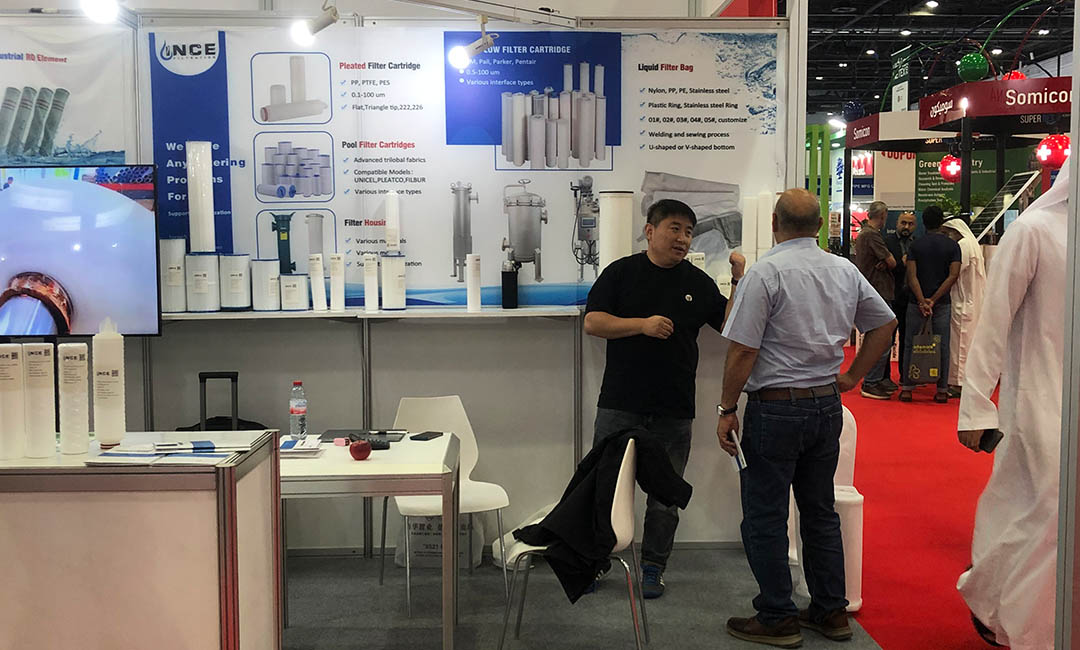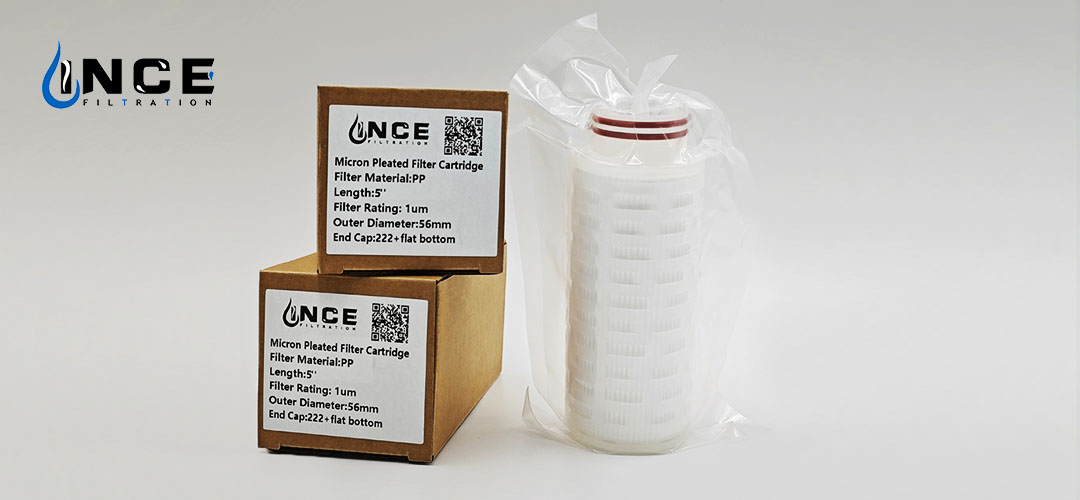1 Micron Pleated Filters: Capture the Finest Particles with Ease
# 1 Micron Pleated Filters: Capture the Finest Particles with Ease

Understanding 1 Micron Pleated Filters
1 micron pleated filters are designed to capture particles as small as one micron in size, making them an essential component in various filtration systems. These filters effectively remove dust, pollen, mold spores, and even some bacteria from air and liquid, ensuring that the environment remains clean and safe. The pleated design increases the surface area of the filter, allowing for greater dirt-holding capacity and extended filter life.
The effectiveness of a 1 micron pleated filter lies in its ability to provide high efficiency at a low pressure drop. This means that air or liquid can flow through the filter without requiring excessive energy, making it an eco-friendly choice for both residential and industrial applications. By investing in these advanced filters, you not only improve air and water quality but also enhance the overall performance of your filtration system.
Benefits of Using 1 Micron Pleated Filters
One of the key benefits of using 1 micron pleated filters is their superior particle capture efficiency. This level of filtration is crucial for environments where cleanliness is paramount, such as hospitals, laboratories, and food processing facilities. By trapping harmful contaminants, these filters help maintain a sterile atmosphere and reduce the risk of health issues associated with poor air and water quality.
Additionally, 1 micron pleated filters are designed for longevity. Their pleated structure allows for more surface area to trap particles, which means they can last longer than standard filters, ultimately reducing replacement frequency and maintenance costs. This makes them a cost-effective solution for anyone looking to enhance their filtration systems without compromising on quality.
Applications of 1 Micron Pleated Filters
1 micron pleated filters find a wide range of applications across various industries. In residential settings, they are commonly used in HVAC systems to improve indoor air quality. By capturing fine particles, these filters help reduce allergens and irritants, promoting a healthier living environment for you and your family.

In industrial contexts, these filters are vital for processes that require stringent cleanliness standards. Manufacturing plants, pharmaceutical companies, and food and beverage facilities rely on 1 micron pleated filters to ensure that their products are free from contamination. This level of filtration is essential for meeting regulatory compliance and maintaining product integrity.
Choosing the Right 1 Micron Pleated Filter
Selecting the right 1 micron pleated filter involves considering several factors, including the specific application, airflow requirements, and the type of contaminants present. It’s important to consult with filtration experts who can recommend the best filter for your needs based on these criteria. High-quality 1 micron pleated filters offer varying levels of efficiency and durability, so understanding your unique requirements will lead to better performance.
When purchasing filters, always look for reputable brands that provide detailed specifications. Checking for certifications such as HEPA (High-Efficiency Particulate Air) can also ensure that the filter meets high standards of performance. Investing in top-notch 1 micron pleated filters guarantees that your air and water systems operate effectively, keeping your environment clean and safe.
Maintenance Tips for 1 Micron Pleated Filters
To maximize the lifespan and efficiency of your 1 micron pleated filters, regular maintenance is essential. Monitoring the pressure drop across the filter can provide valuable insight into when it needs to be replaced. A significant increase in pressure drop indicates that the filter is becoming clogged and may no longer perform optimally.
It’s also advisable to follow the manufacturer’s guidelines regarding replacement intervals. Depending on usage and environmental conditions, filters may need to be changed every few months or annually. Proper maintenance ensures that your filtration system operates at peak performance, providing you with clean air and water consistently.
